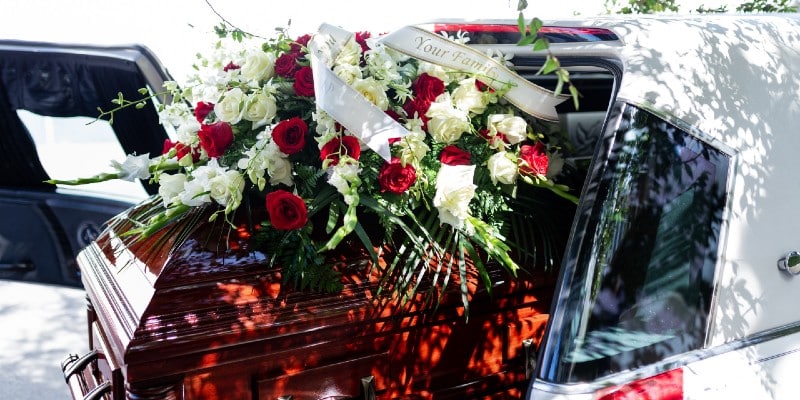
Fred Dakota Dies At 84. He was a native American Gambling pioneer, who owned a garage casino in 1983, which was boosted Native gambling. (Image by adrianna geo on Unsplash)
Fred Dakota has died at the age of 84. He was a native American Gambling pioneer, and he owned a garage casino in 1983, which was a landmark for Native gambling in America.
The garage casino was located in the Upper Peninsula in Michigan. Dakota was also formerly part of the Keweenaw Bay Indian Community (KBIC), which he even led.
Reid Funeral Service reported that Dakota died at his Baraga home on Monga, although the cause of death remains undisclosed. His funeral was held a few days later on Friday. Keweenaw Bay Ojibwa Community College, tribal offices, and live casino locations in Marquette and Baraga were closed in honour of the late veteran.
Statement from The Tribal President
Speaking on Dakota’s demise, Warren Chris Swartz Jr., the tribal president of the Indian community, was full of praises for late Dakota. He stated that:
He considers it a great privileged and honour to have ruled together with Dakota, whom he lauded as one of the best leaders in the Indian country. Warren added that Dakota impacted KBIC and many other tribal communities through his impeccable leadership abilities. All this came from the recent news report from Fox News.
In continuation, the tribal President also pointed out how Dakota pioneered native gambling when he established a casino on 1983 New Year’s Eve in Baraga County in a 2-stall garage. Warren remembered that a shot of whiskey cost only 70 cents in the casino as at then, while better stuff costs just about 20 cents more. In 1984 during his interview with New York Times, Dakota explained that they signed a treaty with the government in 1854. This involved giving out an immeasurable expanse of land in Minnesota, Wisconsin and Michigan to the government. In return, the government agreed not to kill the Indian community. Dakota then stated that he and the community demanded something more from the government as part of the treaty as he believed that lots of Indians would get rich from gambling.
After the pioneer garage casino, a larger casino was later constructed. Still, it was shut down because of federal court decisions, and Dakota could not afford more appeals, as he had already spent a lot in the process. Later on, in 1987, the United States Supreme Court eased gambling restrictions on tribal land using a California case. A year later, federal law permitted states to negotiate agreements with tribes.
Huge Victory! Winning the court battle was a huge victory for the Native American casinos as they could operate with reduced restrictions. A few years later, in 1997, a court convicted Mr Dakota of receiving bribes of about 127000 dollars from a slot machine dealer in New Jersey. He was also convicted of evading taxes on the 127000 dollars. On his part, Dakota claimed that the said money was an advance fee for a telephone lottery game. However, he was sentenced to federal prison for 30 months.




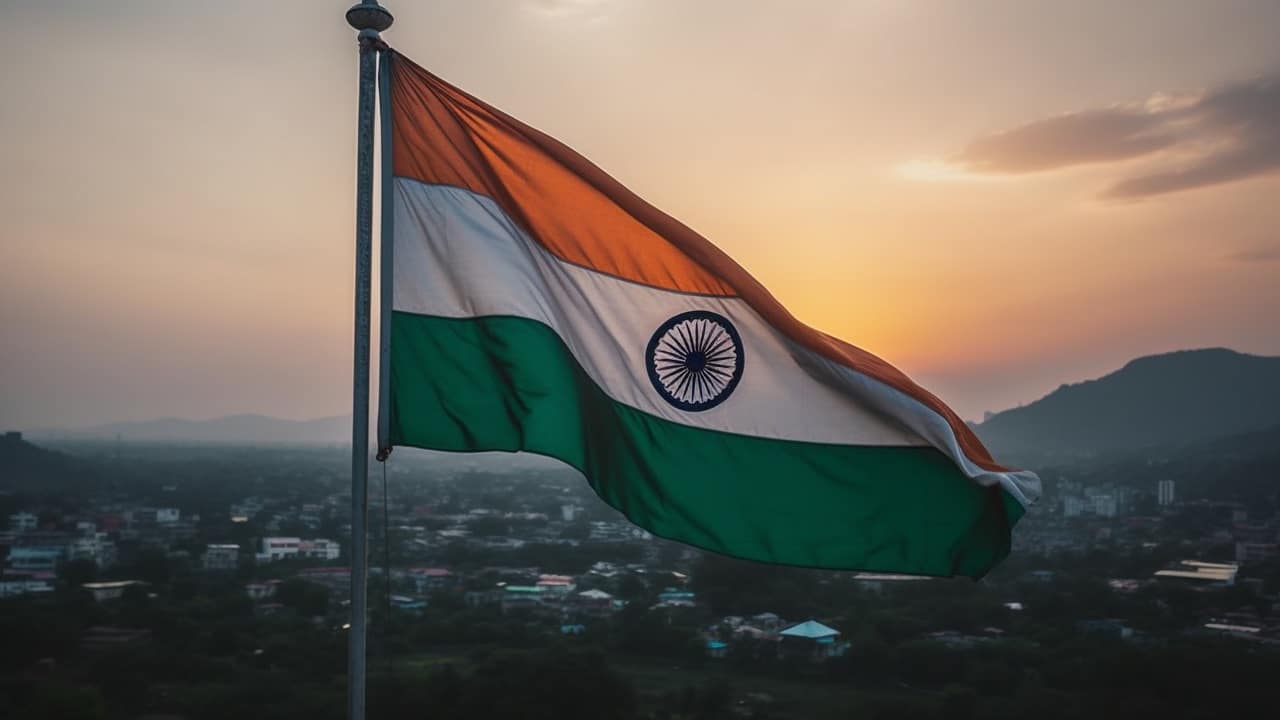
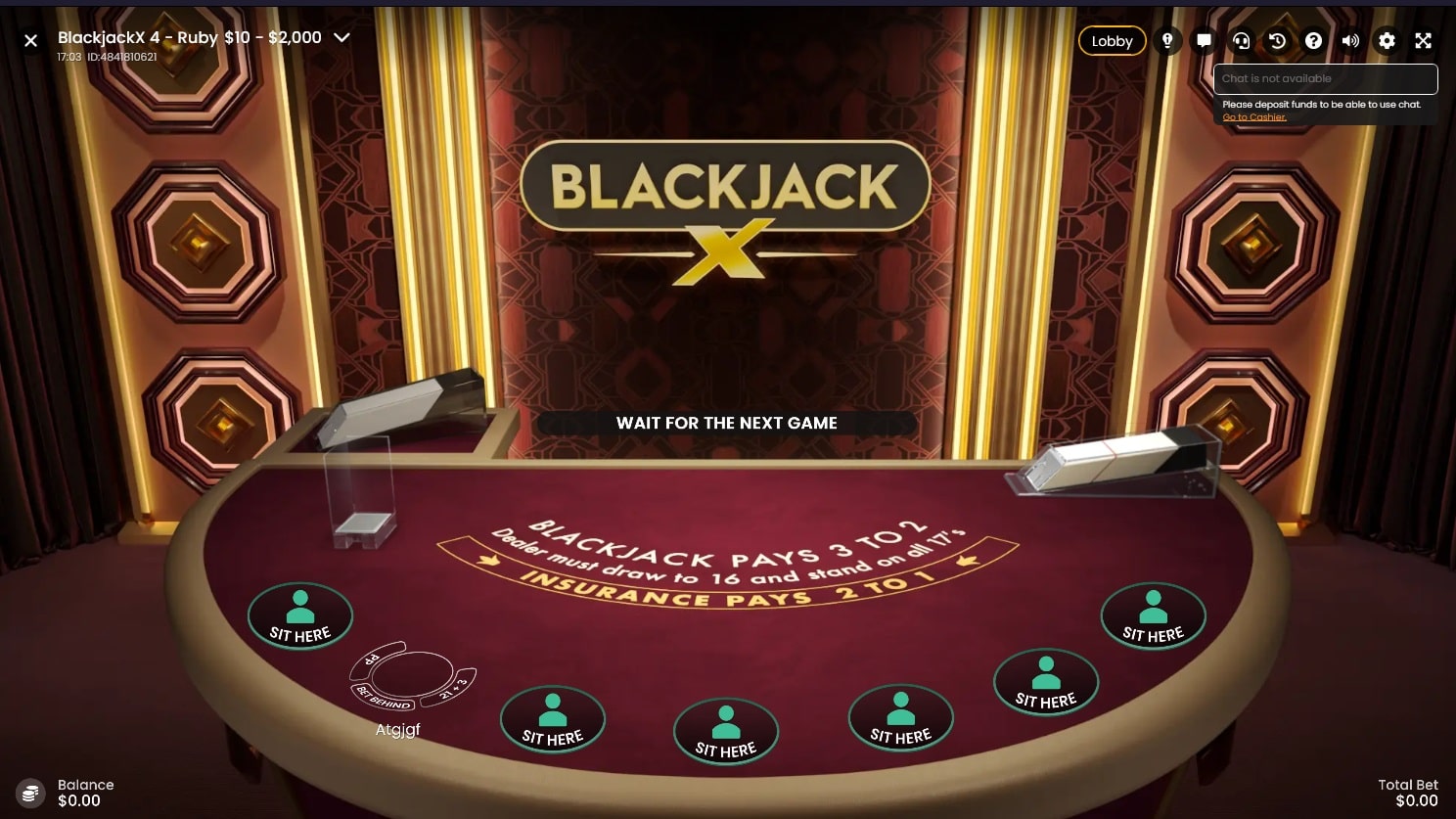

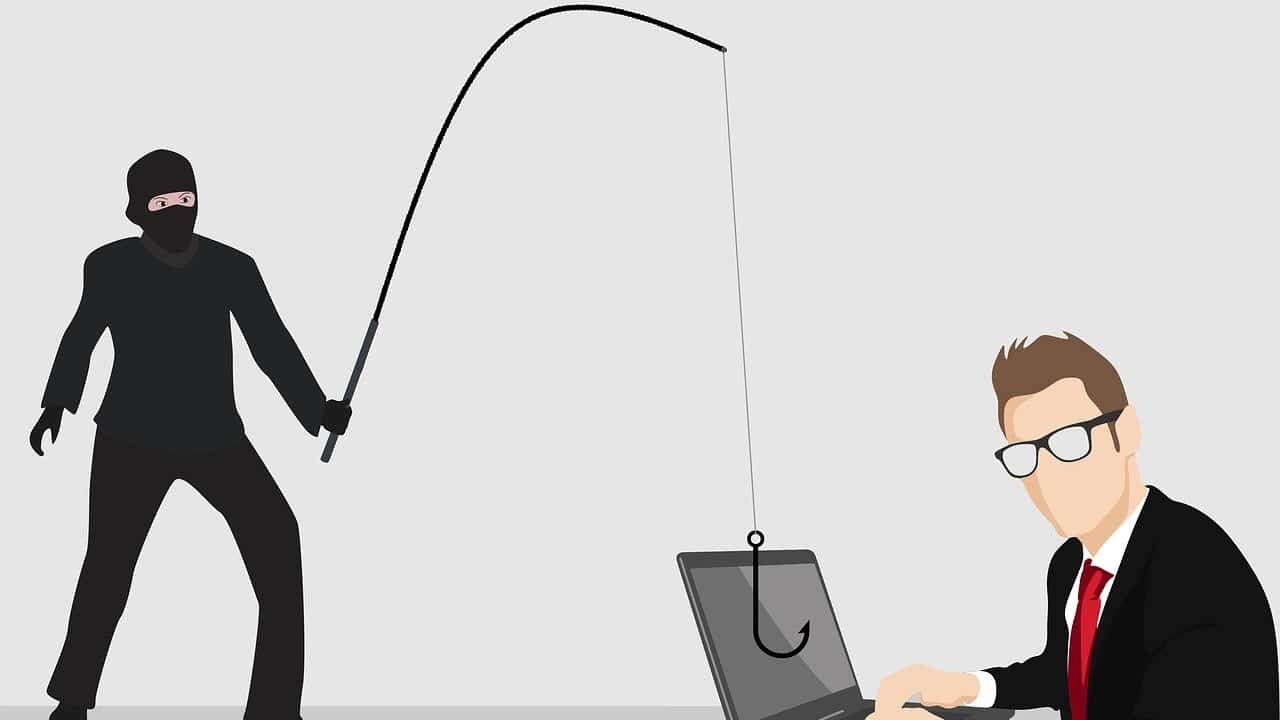


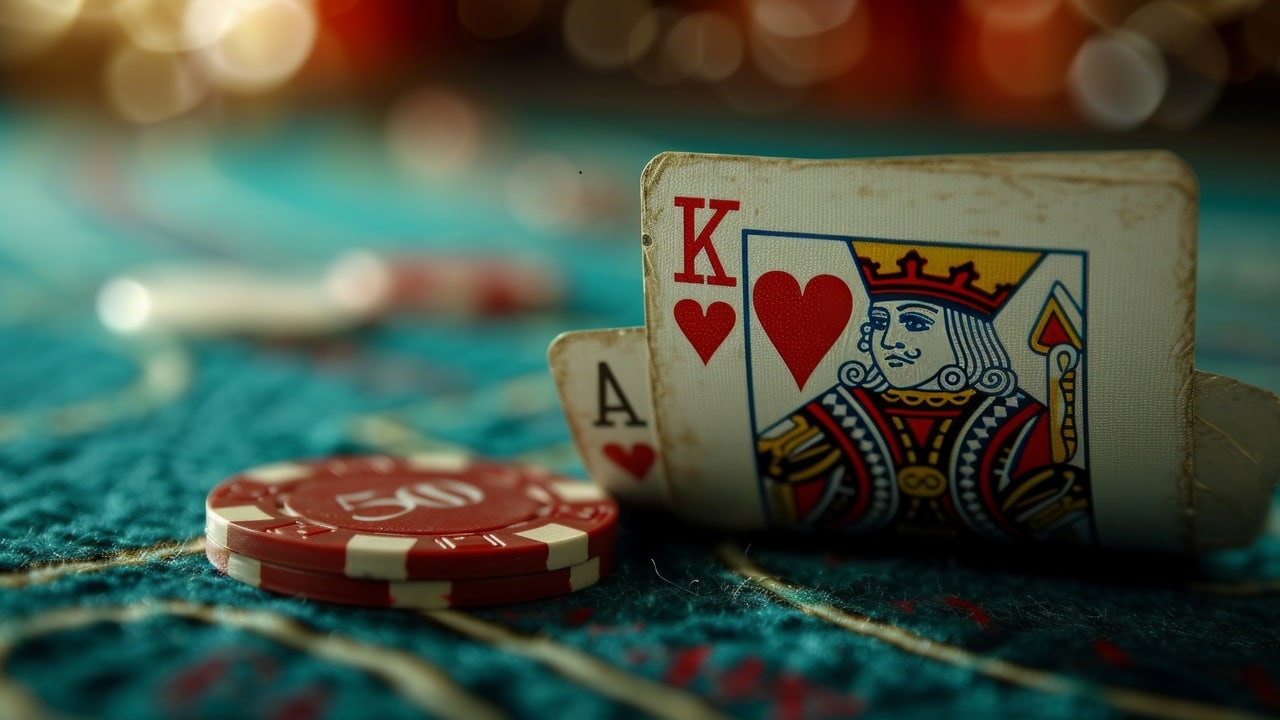



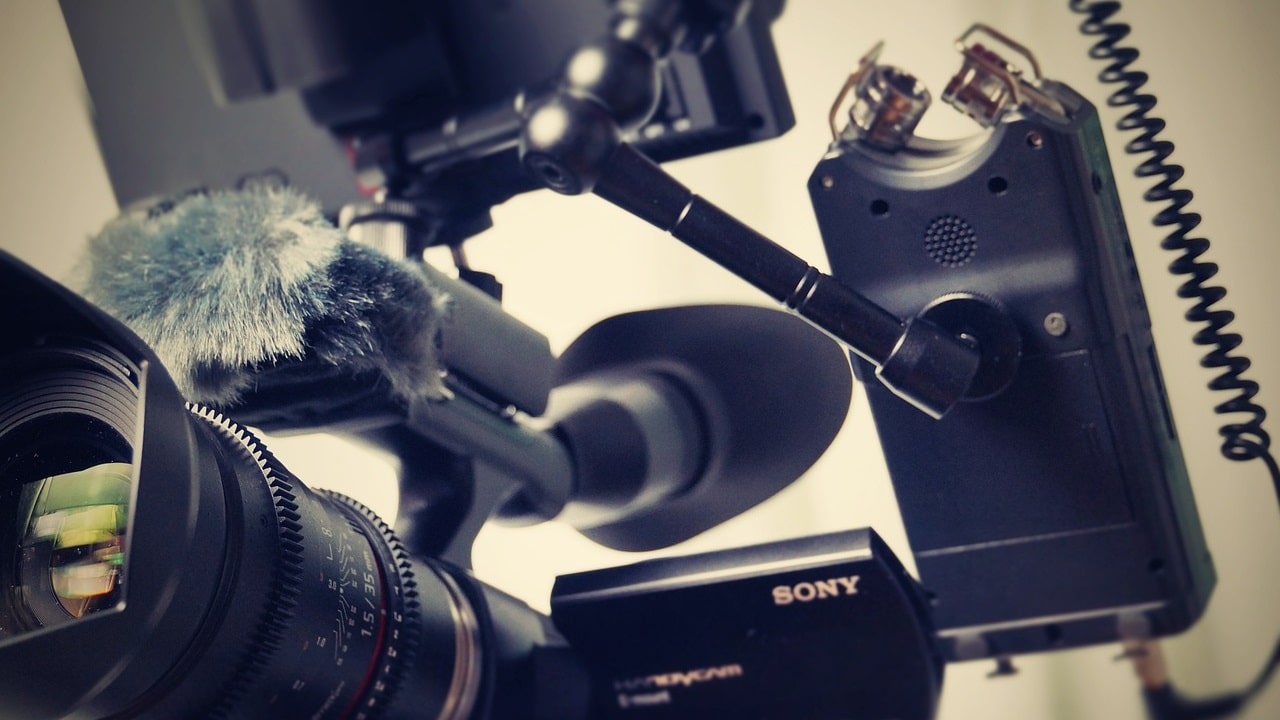

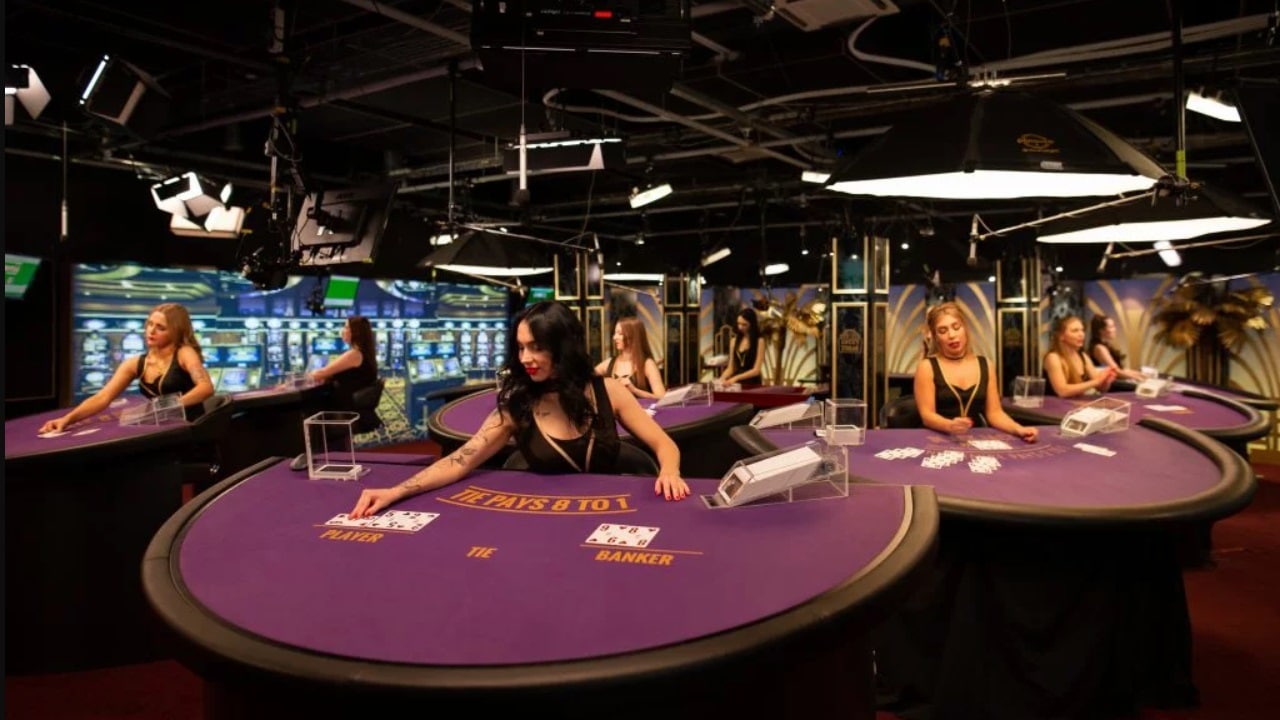
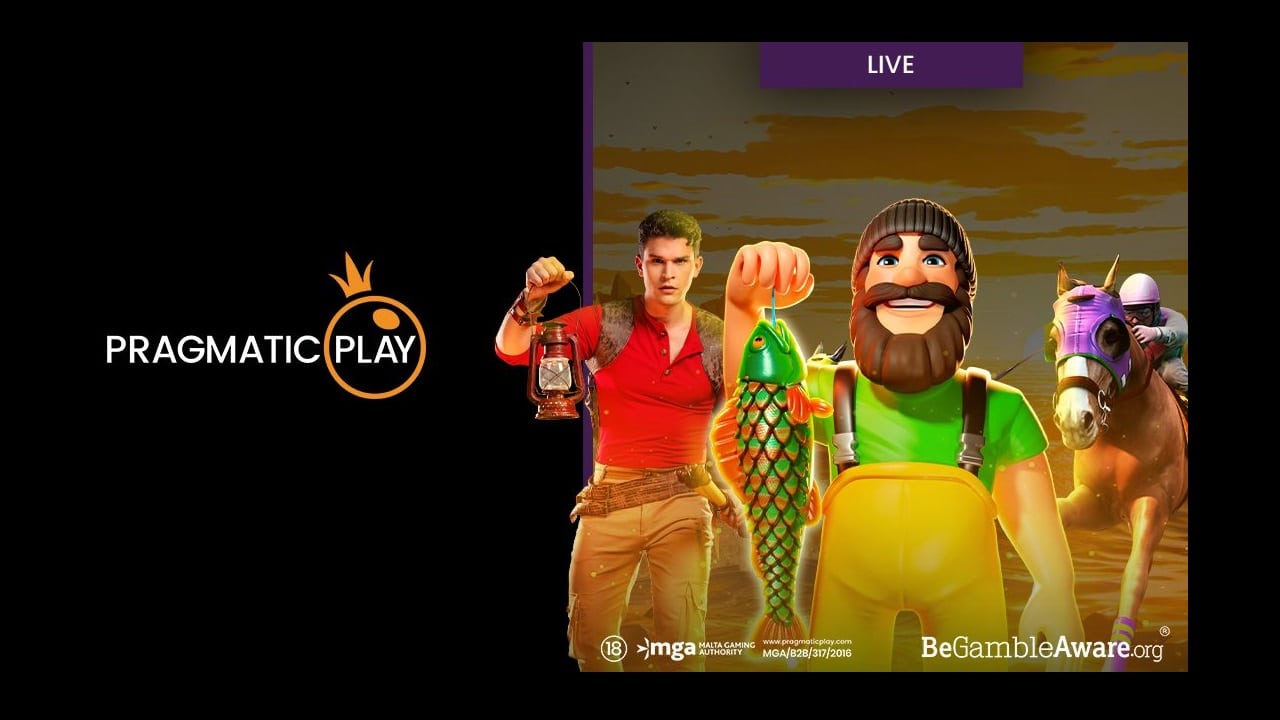

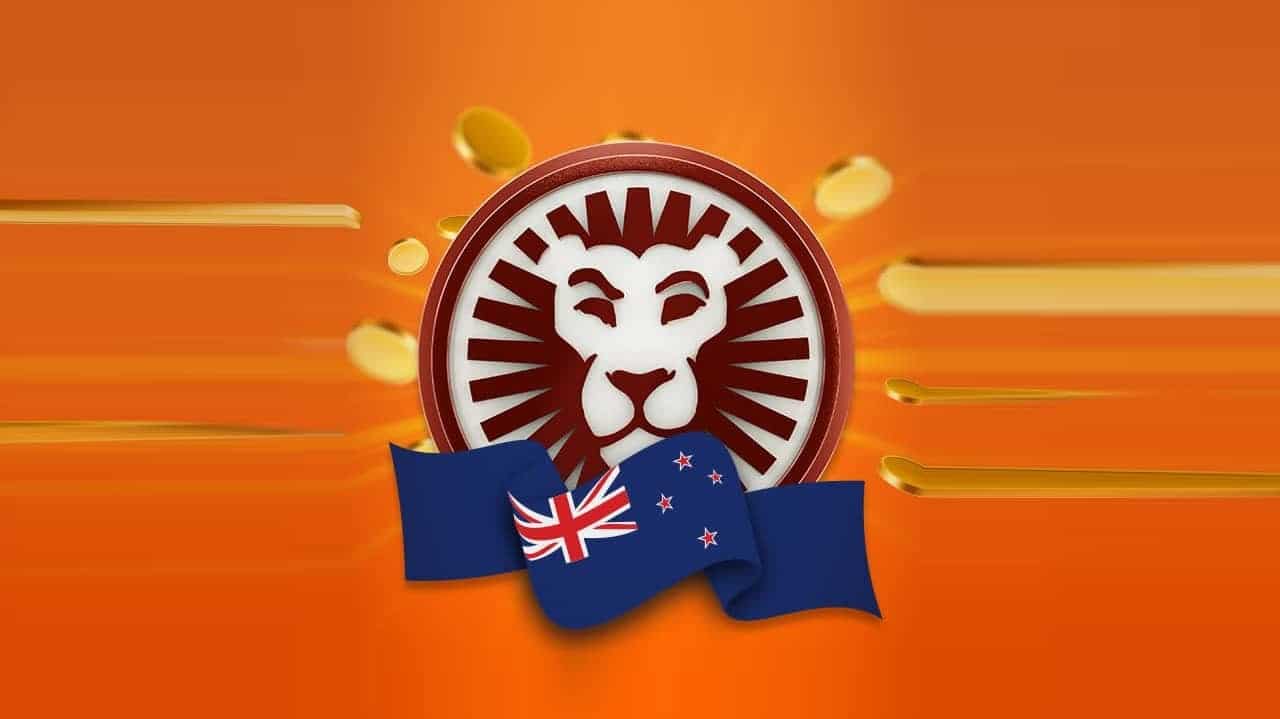

Leave A Comment